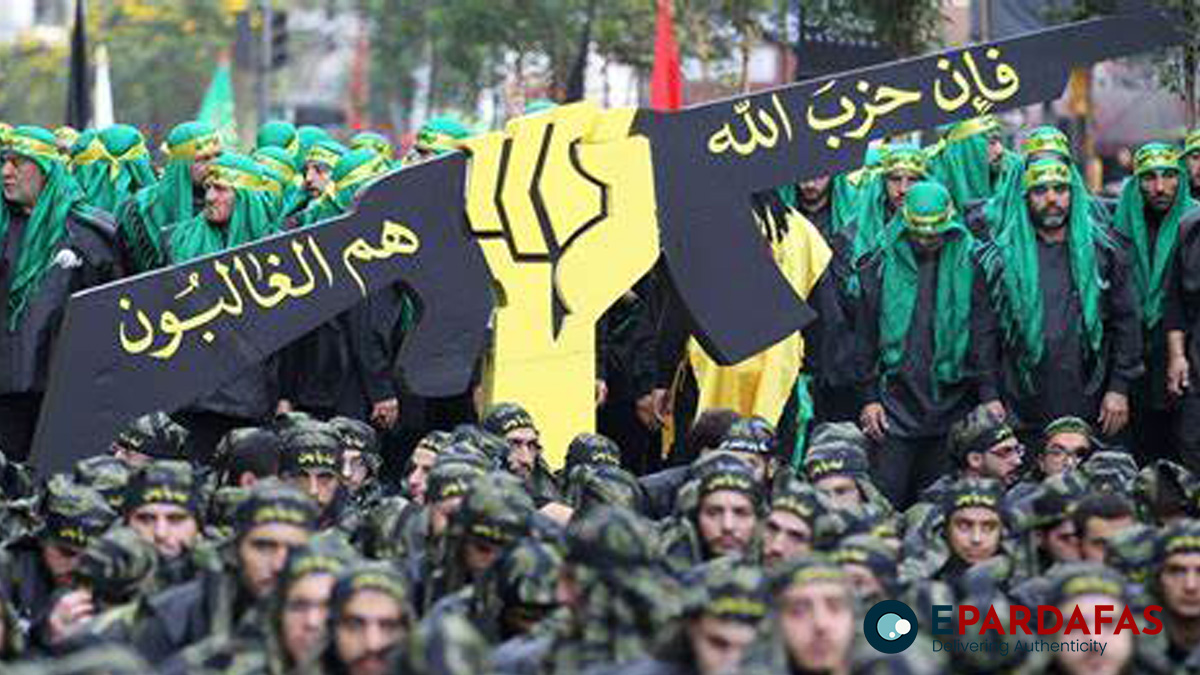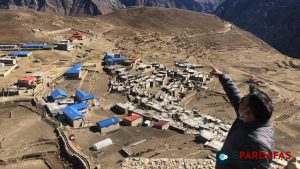
Explosions of Hezbollah Devices Across Lebanon: What We Know So Far

In a devastating series of explosions on Tuesday, hundreds of paging communication devices used by Hezbollah members detonated across Lebanon, killing at least nine people and wounding over 2,800 others. Among the dead was a child, and Lebanon’s health services were quickly overwhelmed by the influx of casualties.
The militant group Hezbollah swiftly blamed Israel for the attack, though Israel has not issued an official response.
What Happened?
At approximately 3:00 pm (1200 GMT), hundreds of Hezbollah communication devices, which are commonly used to relay messages, began exploding simultaneously. The explosions resulted in widespread casualties, with more than 200 individuals critically injured. Lebanon’s Health Minister Firass Abiad confirmed many of the victims suffered severe injuries, including amputations and eye damage.
Among those killed was a 10-year-old girl whose father was a Hezbollah member, and Iran’s ambassador to Lebanon, Mojtaba Amani, was also reportedly wounded in the blasts.
Lead-Up to the Attack
Earlier that day, Israel had announced it was expanding its military objectives to secure its northern front with Lebanon. The heightened tensions followed ongoing clashes between Hezbollah and Israeli troops since Hamas’s attack on Israel on October 7. Though there has been no formal declaration of war, the Lebanon-Israel border has become a flashpoint, with hundreds killed, including soldiers and civilians on both sides.
How the Attack Was Carried Out
According to sources close to Hezbollah, the pagers that exploded were part of a recently imported shipment that may have been sabotaged at its source. Reports suggest that the devices were ordered from Taiwanese manufacturer Gold Apollo, and Israeli intelligence may have infiltrated the supply chain.
Experts believe the explosions were more than just a malfunction of lithium batteries. Charles Lister of the Middle East Institute noted that a small plastic explosive was likely embedded in the devices, triggered remotely.
While Israel has yet to confirm or deny involvement, Hezbollah is reeling from the attack, with heightened concerns about the security of its communications and the safety of its key personnel.












Comments